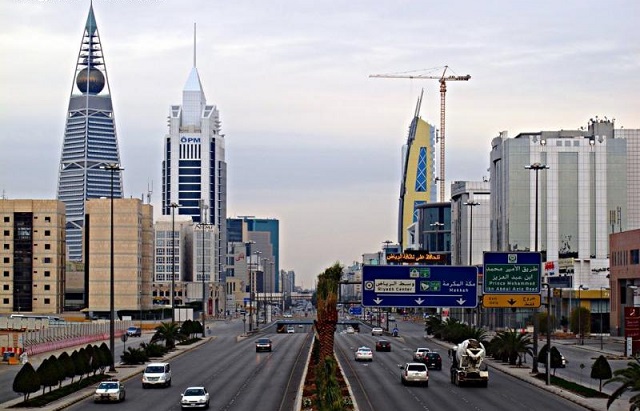Last month, King Salman approved Saudi Arabia’s 2017 national budget, the first passed since the unveiling of the kingdom’s economic reform plan, Vision 2030. In keeping with Vision 2030’s objectives, the budget increases government spending amidst economic indicators of a decrease in the country’s deficit. However, Saudi Arabia is far from out of the woods. Experts point to the fact that Riyadh can literally no longer afford to ignore the relationship between economic and societal development. To that end, Saudi Arabia has worked on revamping its civil society licensing procedures as part of a broader effort to increase economic productivity and harness the capabilities of its expansive youth population. The final product of this effort, however, is likely to impede rather than promote the development of civil society in Saudi Arabia.
Prior to the issuance of the Law on Associations and Foundations (CSO Law) in 2015, there were no laws governing the operations of organizations and foundation in Saudi Arabia. Instead, Saudi authorities controlled and restricted CSOs through licensing policies. Groups were (and still are) prohibited from holding meetings without a license from the Saudi Ministry of Social Affairs (MoSA). However, obtaining a license to operate is at best an onerous process. Even government and business sponsored groups can wait years before their license applications are approved.
Many associations simply operate informally without official approval. While the state often tolerates such groups if their activities are considered uncontroversial, they are subject to arbitrary shutdown. For example, the Baladi organization was formed prior to the country’s 2011 municipal elections to advocate for women’s participation in elections and to raise awareness about the political process. Baladi operated as an unlicensed organization for years without issue, and in February 2014, the Cultural Attaché at the Saudi Embassy in Washington DC praised its work. In August 2014, however, the Ministry of Municipal and Rural Affairs shut down Baladi without advance notice over licensing concerns and canceled its election workshops.
Organizations that seek to advance civil and political reform are effectively barred from operating by the licensing system. Other than the state-sanctioned National Society for Human Rights, the government has not approved the registration of any independent human rights group. The Adala Center for Human Rights, an NGO dedicated to monitoring human rights abuses including torture, for example, applied without success for a license in 2011. It fought the rejection in a cumbersome 13-month appeal until the Saudi Court forced the group to close. Concluding it would be futile to apply for a license, the Saudi Association for Civil and Political Rights (ACPRA), appealed directly to the late King Abdullah for recognition in 2009. In response, between 2012 and 2016, Saudi officials tried several of ACPRAs co-founders in the country’s terrorism-related Special Criminalized Court Special Criminalized Court where they were convicted on charges that included “participating in setting up an unlicensed organization.”
On December 1, 2015, after almost ten years of drafts, revisions and deliberations, the Council of Ministers issued the CSO Law. The final product is more restrictive than earlier drafts. The CSO law does not recognize human rights or political advocacy as legitimate organizational objectives, and references to “human rights organizations” in the 2008 draft have been removed. The law defines acceptable CSO activities in vague terms and authorizes the Ministry of Labor and Social Development (MoLSD, formerly the MoSA) to deny licenses to or shutdown organizations whose activities “infringe upon the public system, contradict public morals [or] breach national unity.” MoLSD officials may insert themselves in group elections by appointing members of their choice, and are authorized to attend group meetings and review voting records. Saudi expert Hala Aldosari warns that the law reflects an “intention to micromanage public civil society activity” and the “broad definitions used in the law set potential CSOs up for failure.”
Aldosari cites the increased economic concerns, including the lack of skilled professionals to meet public demands, as a trigger behind the new law. This explanation is consistent with the driving factors behind the April unveiling of Saudi Vision 2030. The widely-heralded explicitly emphasizes the country’s need for a more engaged and invigorated Saudi society and proposes plans for the establishment of more than 450 registered clubs for culture and entertainment. The CSO law, and government’s longstanding practice of restricting, controlling and outlawing CSOs, will need to change if Saudi Arabia is to deliver on its Vision 2030 promise to revitalize civil society.
Leah Schulz is an advocacy fellow at ADHRB





